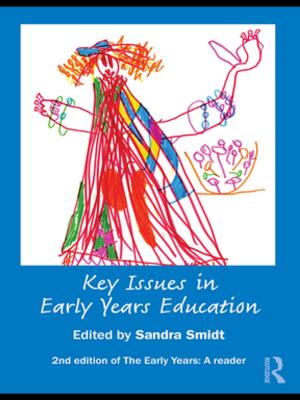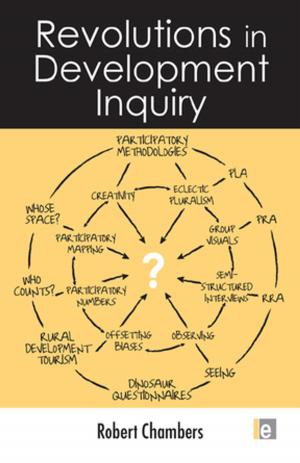| Author: | ISBN: | 9781351514200 | |
| Publisher: | Taylor and Francis | Publication: | July 5, 2017 |
| Imprint: | Routledge | Language: | English |
| Author: | |
| ISBN: | 9781351514200 |
| Publisher: | Taylor and Francis |
| Publication: | July 5, 2017 |
| Imprint: | Routledge |
| Language: | English |
Humor and laughter play a vital part in our everyday social encounters. This book is concerned with the exploration of the psychology of humor and laughter by the foremost professional researchers in these areas. It examines the major theoretical perspectives underlying current approaches and it draws together for the first time the main empirical work done over the course of this century. Peter Berks brings this story up to the moment.The two major parts of the book deal with perception of and responses to humor, and its uses in society at large. The chapters themselves range from cognitive aspects of humor development, through the functions of humor and laughter in social interaction, to the use of humor by comedians and by the mass media. One of the general features of the volume is the concern with the variety of techniques and research methods which are used in studies aimed at understanding our responsiveness to humor and the contexts in which we create it.Humor and Laughter contains chapters by psychologists with longstanding research interests in humor and laughter, including Thomas R. Shultz, Mary K. Rothbart, Goran Nerhardt, Michael Godkewitsch, Walter E. O'Connell, and Harvey Mindess. Humor and Laughter presents wide-ranging theoretical, methodological, and empirical perspectives on an important area of human behavior and social interaction. This book should interest many behavioral scientists and practitioners, particularly those in social and clinical psychology, psychiatry, child psychology and education, sociology, and related disciplines.
Humor and laughter play a vital part in our everyday social encounters. This book is concerned with the exploration of the psychology of humor and laughter by the foremost professional researchers in these areas. It examines the major theoretical perspectives underlying current approaches and it draws together for the first time the main empirical work done over the course of this century. Peter Berks brings this story up to the moment.The two major parts of the book deal with perception of and responses to humor, and its uses in society at large. The chapters themselves range from cognitive aspects of humor development, through the functions of humor and laughter in social interaction, to the use of humor by comedians and by the mass media. One of the general features of the volume is the concern with the variety of techniques and research methods which are used in studies aimed at understanding our responsiveness to humor and the contexts in which we create it.Humor and Laughter contains chapters by psychologists with longstanding research interests in humor and laughter, including Thomas R. Shultz, Mary K. Rothbart, Goran Nerhardt, Michael Godkewitsch, Walter E. O'Connell, and Harvey Mindess. Humor and Laughter presents wide-ranging theoretical, methodological, and empirical perspectives on an important area of human behavior and social interaction. This book should interest many behavioral scientists and practitioners, particularly those in social and clinical psychology, psychiatry, child psychology and education, sociology, and related disciplines.















